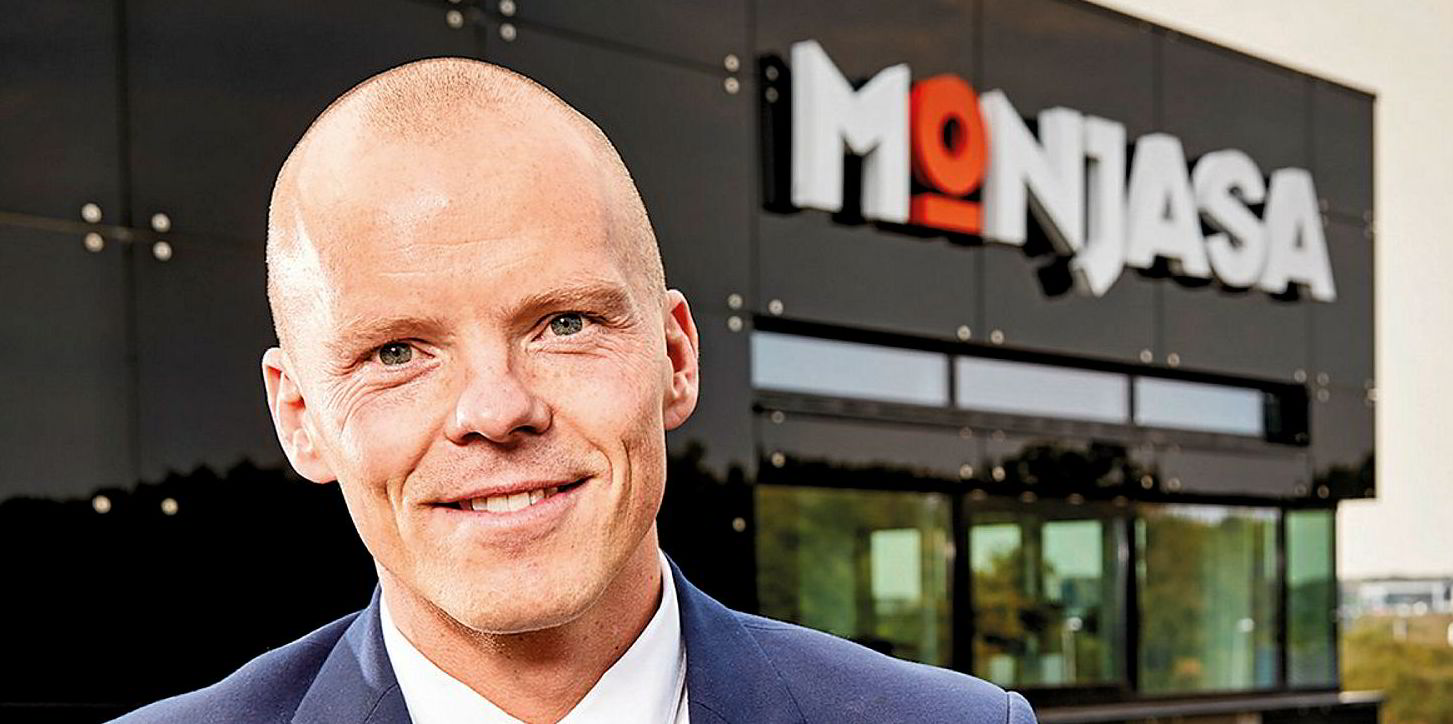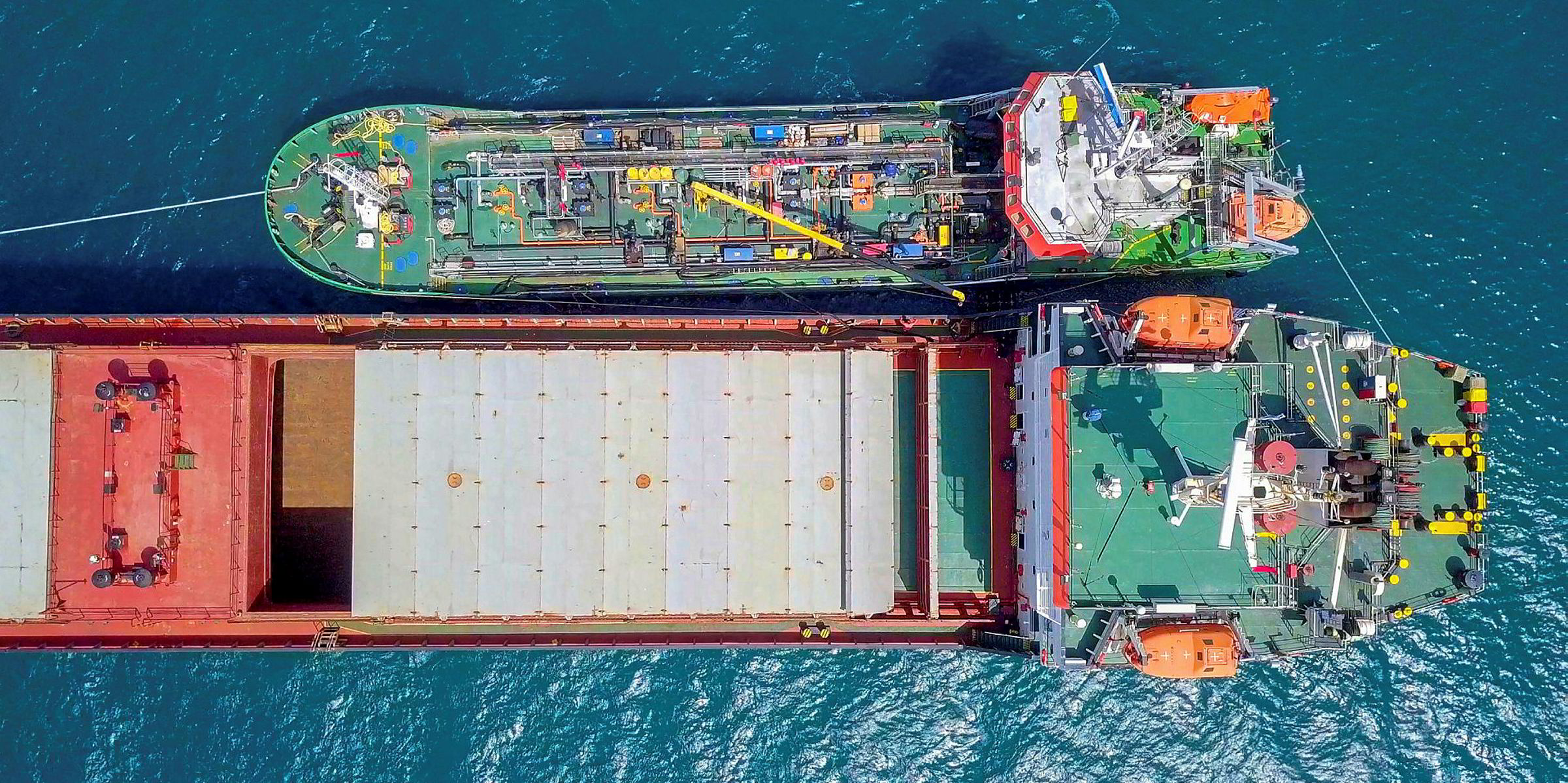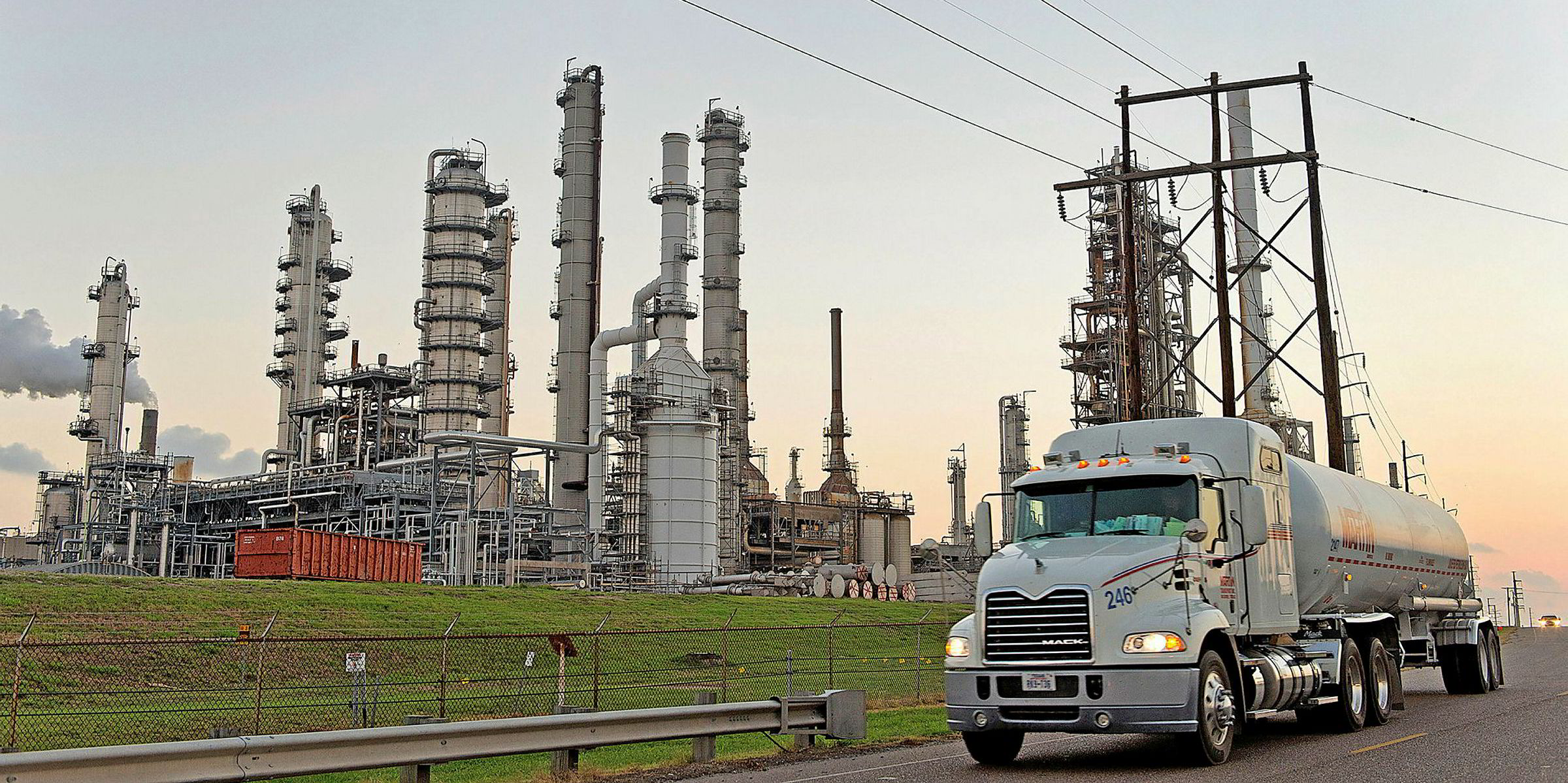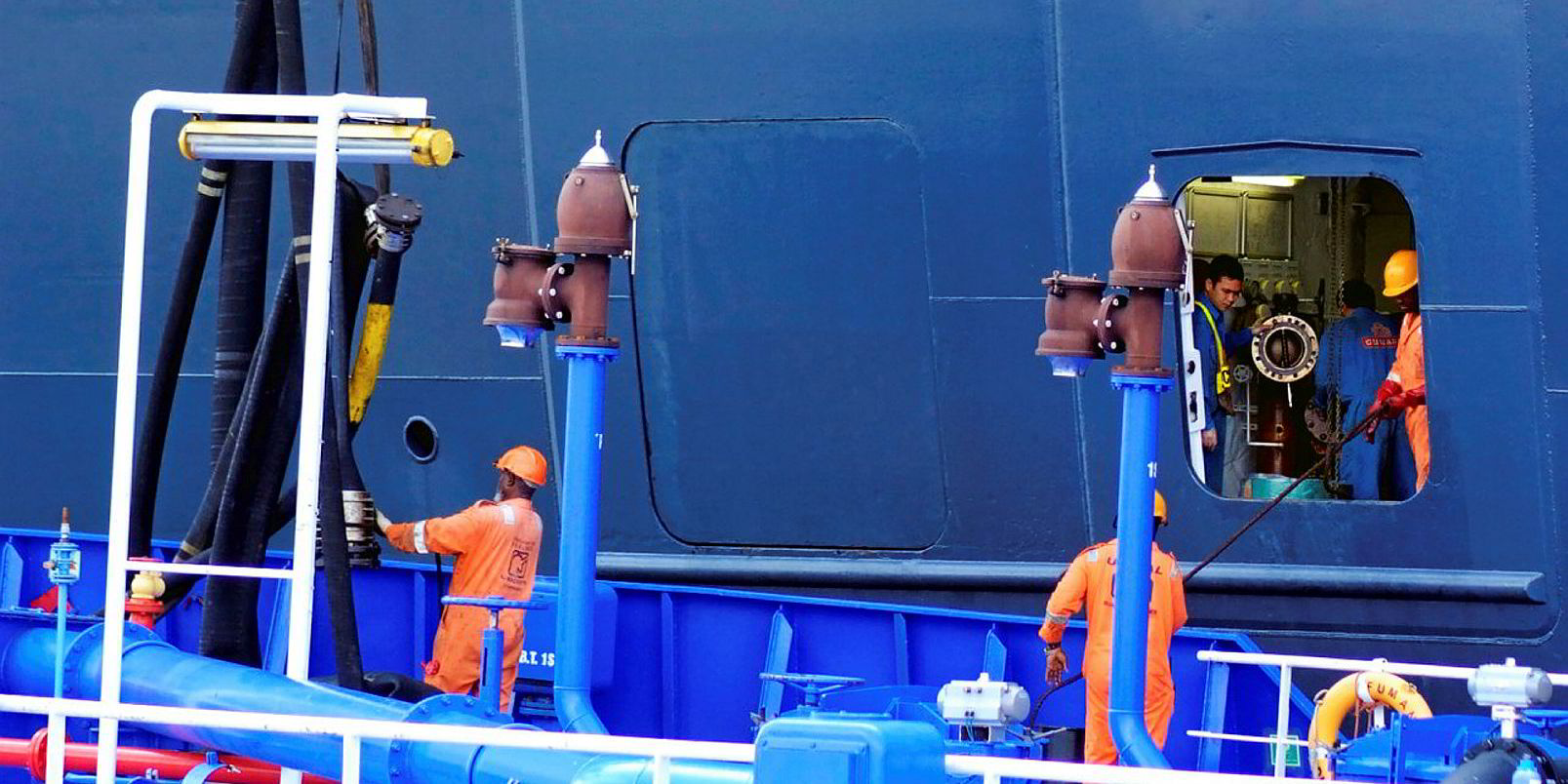The global switch to low-sulphur marine fuels is sure to deliver serious business to maritime lawyers, but policing the regulations may not be the huge problem that many shipowners fear.
Shipping lawyers from the main firms have been warning for some time that IMO 2020 will lead to more legal disputes.
“All of us involved in charterparty disputes will have plenty to keep us busy in the coming months and years,” Quadrant Chambers barrister Thomas Macey-Dare warned at a London seminar in May. He is not alone in believing this.
US shipping lawyer George Chalos told TradeWinds in February: “I think it’s going to be a disaster for the industry,” even as the IMO agreed that ships will be allowed to burn high-sulphur fuel oil after 1 January if they can prove they had legitimate concerns about the quality and safety of available compliant fuels.
Operators claiming they cannot obtain compliant bunkers will need to supply a fuel oil non-availability report to the next port state control (PSC), but it was quickly stressed that this cannot be used as a “free pass” to burn high-sulphur fuels after the 0.5% cap comes into force.
However, policing and enforcement may not be the train wreck forecast by many observers. There is a growing belief that 0.5%-sulphur fuel oil will be generally available in the main bunkering ports.

One major bunkering firm believes it has figures to prove that existing trade patterns suggest a very low level of likely cheating, or incentive to do so, even if prices for compliant fuels spike strongly upwards.
Bunker insiders say that at the introduction of emission control areas (ECAs) in Europe and the US in 2015, compliance was hardly understood, let alone policed, and testing procedures were only just being developed.
Now, though, Danish bunker supplier Monjasa has analysed the nearly 4,000 recent trades in which it was involved across 101 countries and found that levels of 30% industry-wide non-compliance are unlikely to emerge.
Monjasa group chief operating officer Svend Stenberg Molholt says that even though only 95 countries (around half of IMO members) have ratified Marpol Annex VI, under which the IMO 2020 rules fall, 74% of its trades involved both ships and ports within ratified states.
A lowly 89 trades (2.4%) involved both non-ratified ships and non-ratified port states.
Ratified ports but non-ratified ships came to a mere 1.24% of the total, while 22% of the bunker supply trades involved non-ratified ports where ships with ratified flags had taken on supplies.
“It means that in some shape or form 97.6% of our business falls under the Annex VI jurisdiction,” Molholt says. “We think this is a positive sign that there will be a level playing field; that when you look at the global trade flows, there does not appear to be as big an issue as some of the dialogue suggests.

“The closer we are getting to the deadline for 2020, the more comfort we are getting that enforcement will level the playing field.”
Molholt expects some short-term imbalance between supply and demand could drive up prices of compliant fuel. “We saw that when the ECA zones were introduced and the gasoil price went up but quickly came down to a normalised level again. I think that is what we will see again, but I think it will be a matter of one or two months ... it will settle down fairly quickly.”
Most bunker deliveries involve ship-to-ship transfers outside of ports where state controls do not operate, he says, so the level of 22% non-ratification by PSCs may not matter much either.
“Since most vessels are involved in global trading, it’s close to impossible to work out the mathematics of trying to take quantities [of high-sulphur fuel] in one non-ratified port and sailing to a ratified port where the sulphur content will be checked,” Molholt argues.
“Operationally, you cannot keep switching between high- and low-sulphur fuels — the engine would not be able to manage it — so the economic benefit is going to be eaten up by maintenance.”

For any company with a reputation to consider, the risks of switching fuels and being caught is likely to be a worse prospect than the potential fines in many countries.
However, fines can be heavy: a cruise ferry that entered two fjords in Norway with sulphur values well beyond the limits was fined a record $80,000, and Chalos cites the US Coast Guard record of heavy fines in its policing of the country’s ECA.
Paris MOU secretary general Luc Smulders is also positive about how the industry is shaping up to handle IMO 2020. He points to responsible shipowners’ efforts to prepare for the new standards, and the experience many already have with the 0.1% sulphur cap for the region’s ECA.
“I do not expect that many ships will be detained in the Paris MOU region. But in the end, practice will show whether my assumption is justified,” he said.
However, not everyone is convinced. Bulker owner organisation Intercargo warned in July that with five months to go, “It is extremely worrying that compliant fuels have so far been made available only in a limited number of ports, and under unfavourable terms for voluntary early testing.”
A month earlier, Maritime Port Authority of Singapore chief executive Quah Ley Hoon said the country’s main shipping groups, oil companies and bunker suppliers were more or less ready for IMO 2020. “From our conversations, some are more prepared than others. Almost all have made their decisions — scrubbers or compliant fuels.”

Some owners have done trials, she added, while others are expected to “gradually move” to compliant fuels by the last quarter.
However, Intercargo says the practical testing of new fuels and crew training, which is only possible under real conditions onboard ships, is being pushed towards the end of year, making a smooth transition much more difficult.
Former chief engineer Nick Chell, who is shipping technical director at consultancy LOC, told the Quadrant seminar: “PSC is likely to be taking a keen interest in January in what is in vessels’ tanks and what they are using onboard.”
And not just PSC. Shipowners and charterers need to sort out their responsibilities.
“The most fundamental issue likely to arise for a time charterparty is: who is responsible for the cost of ensuring a vessel complies with the new sulphur regulations?” said Macey-Dare, adding that older unamended charterparties are most likely to lead to disputes.
Generally, owners are responsible for compliance with environmental regulations, and charterers for buying fuel, so room for conflict is opening up.

Charterers may claim it is up to owners to pay for installing scrubbers so that vessels are fit to continue burning the cheaper high-sulphur fuels that were agreed when the fixture was done. The counter-argument is that the choice of fuel is part of a charterer’s commercial decision-making.
“There are really no particularly clear or satisfactory answers to the charterers’ argument, but looking at it instinctively, it does not seem to be right that charterers should be able to insist on owners installing a scrubber at their cost and in their time in the absence of a clearly worded provision in the charter,” Macey-Dare said. He thinks a London arbitration panel would be sympathetic to the owner.
Model IMO 2020 charterparty clauses developed by Bimco and Intertanko “place the primary responsibility for the cost of complying with the sulphur regulations squarely on the charterers”. They include provisions for charterers to pay for removing and disposing of non-compliant bunkers left onboard.
But Macey-Dare accepts that major charterers are unlikely to accept model clauses that are so much in owners’ favour, and they will probably argue for more sharing of risks over bunker supplies.
Charterers and owners will need to work together to manage the complicated issues of fuel quality, availability and compatibility if they want to avoid the breakdowns, delays and disputes that would be major revenue earners for the legal profession.






